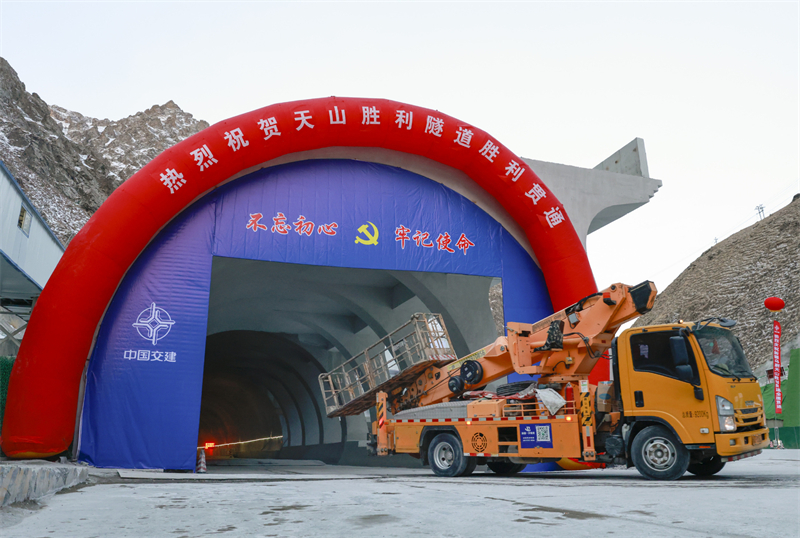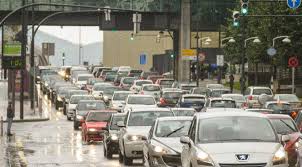Turiel, Aretxabala and Pascual demand the public energy company
- In 2015, the United Nations (UN) launched the 2030 Agenda and last September global authorities analysed its implementation. Antonio Aretxabala, Antonio Turiel and Unai Pascual take stock of the meeting in the publication Ctxt.

The authors' commitment to the environment, their level of knowledge, rigor and critical vision is well known, so we found it interesting to summarize their assessment. Along with the assessment, a proposal has been made for the recovery of public energy companies for a just energy transition as one of the bases.
The 2030 Agenda was launched in 2015 with the aim of ending global poverty, protecting ecosystems and ensuring the happiness of humanity. In short, it was a question of revitalising and updating the concept of sustainable development that was already fully worn down. In the absence of six years by 2030, according to various analysts, 15% of the 17 main targets for the 2030 agenda have not been met, while others consider the situation worse than in 2015.
Mining, more extractivist than ever
According to the authors of the article, it has not been possible to stop the destruction of most of the ecosystems that were intended to protect and the communities that inhabit them. After the 2008 crisis, mining gained strength and it was thought that the energy to be made could be one of the axes of the just transition, but it could not be: today mining is even more speculative and destructive.
Consequently, the pressure against the environment has increased, as evidenced by many authors and works, such as those by Willian Rees, the Descending Coal Institute, or those of the UN Environmental Programme (IRP) team, which investigates international resources. It is therefore denied that programmes such as the Green Deal, which promote green growth in Europe, can make an ecological transition.
It has even been clearly seen that mining is the major player in the bad track record and that the success of digital technology has facilitated the destruction of local communities and territories. They strongly criticise the activist objectives of the current neoliberal system and believe that, even if it were successful with the renewable energy model that would support our current thermoindustrial society, rejection would be indifferent, because it would not help to achieve the goals of the 2030 Agenda. An example of this failure is the Smart 2020 Project, powered by Angela Merkel and Nicolas Sarkozy to deepen the Internet and digitization, to “regenerate capitalism”.
Public energy company
The authors stress that the issue of energy decentralization is gaining strength in current organizations, which can result in more effective management. They point out that energy is also contemplating the creation of public companies in the face of the failure that is occurring, and propose a generation in Spain. In 2022 it did Unas Forma in the Spanish Congress, but it was rejected. However, the idea remains on the table and it is possible that these types of companies emerge in other institutional areas such as communities or municipalities.
This public enterprise can be very varied and can be a way to start ending energy oligopolies, but it is true that it can also have two conceptions. For some it may be a rescue from the failure that is taking place in the renewable world, such as the wind. For several analysts, Ursula Von der Leyen is processing this rescue with the aid he has just proposed to support the wind industry in an appeal to the situation in the European Union.
The vast amount of geological resources needed for the energy transition is in China, but getting it as cheap as it has been so far will be increasingly difficult, not least because Chinese scientists have also realised the environmental disaster that this exploitation entails. For the time being, our digital devices and “clean” energy infrastructures have made the Democratic Republic of Congo one of the poorest and most enlightened countries in the world. Many want to channel this environmental injustice, but the world rejects it because it seems that it only wants the dream of green growth.
This public enterprise can therefore be the driving force behind the transformation of the energy model needed to capture the toxic assets that are accumulating in the energy world, but it can also be the driving force behind this much-needed real green revolution. Naturally, in this second case, it would be admitted that the current model of material and energy growth is not possible, and controlled policies of reduction, decentralisation and slowdown would be implemented. Research is growing in this direction, such as opinion SC/048 of the EU Economic and Social Committee which analysed new sustainable models.
The authors are clear that the future of public energy companies can be a success, but to do so they see it essential that the totally distorted concept of sustainability recovers its true meaning: preserving the natural balance and the basic functions that underpin the socio-ecological system.
The following Ctxt article has been used for this comprehensive summary: Energy as a public good, key to sustainable development.
















-(1).jpg)




